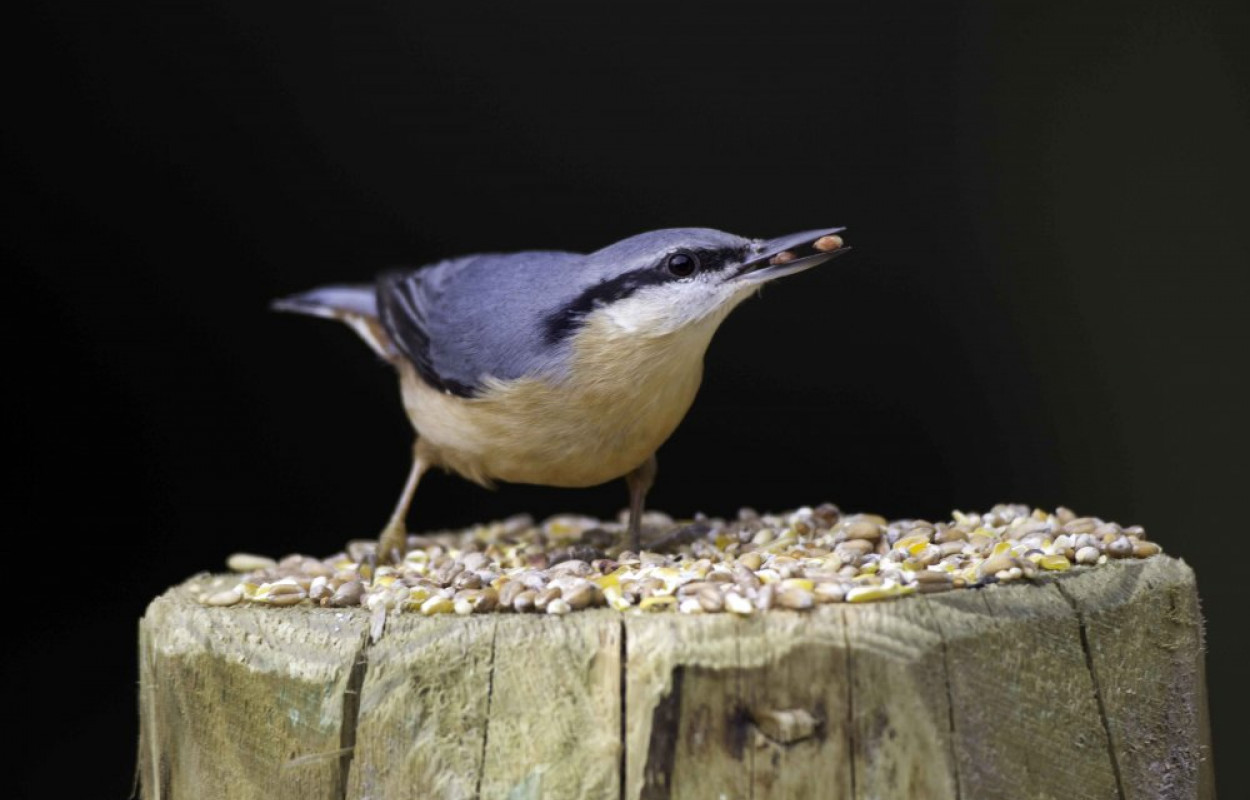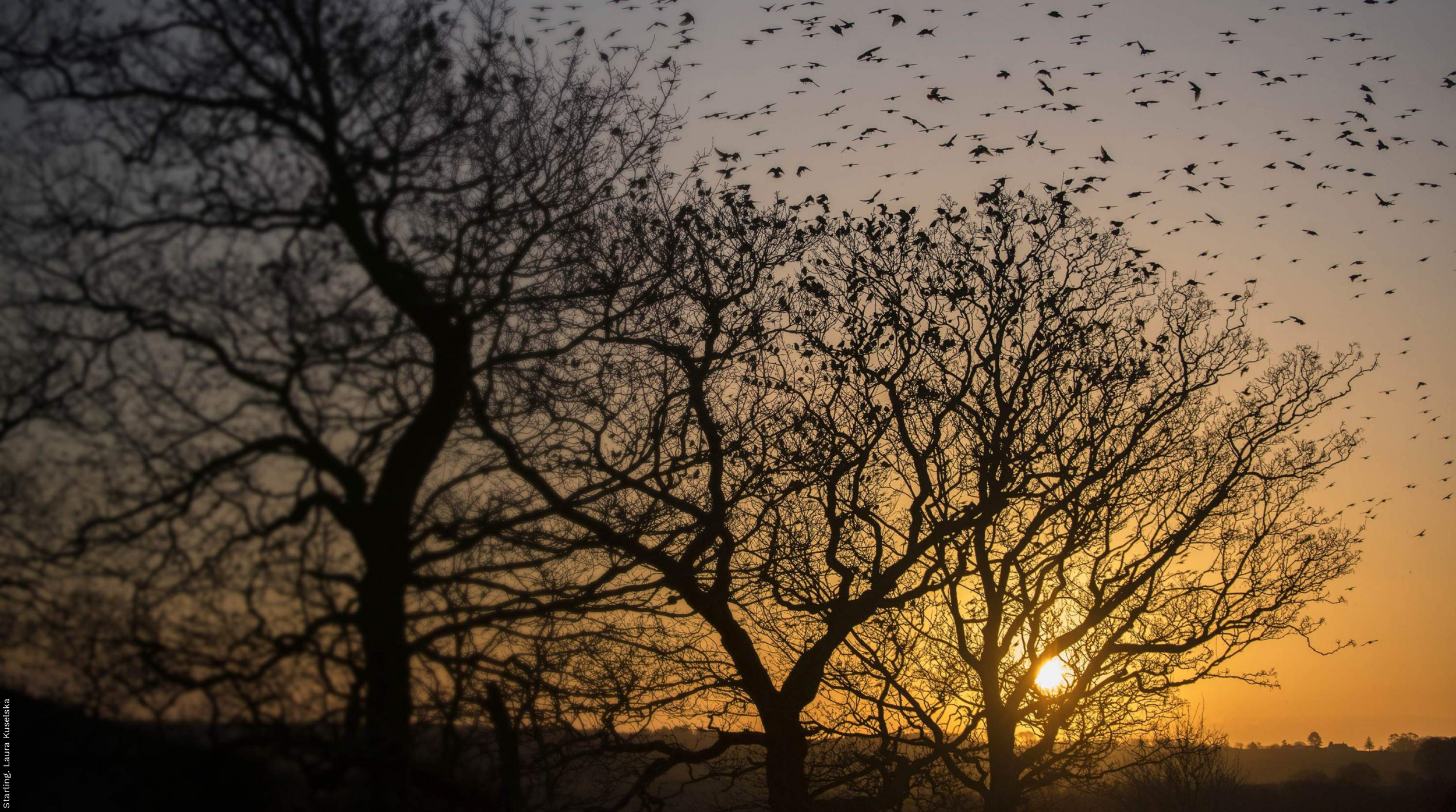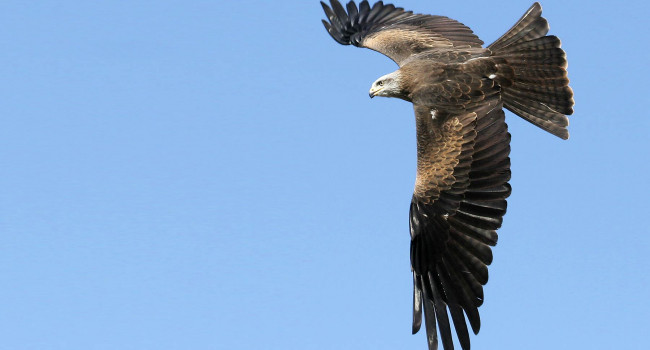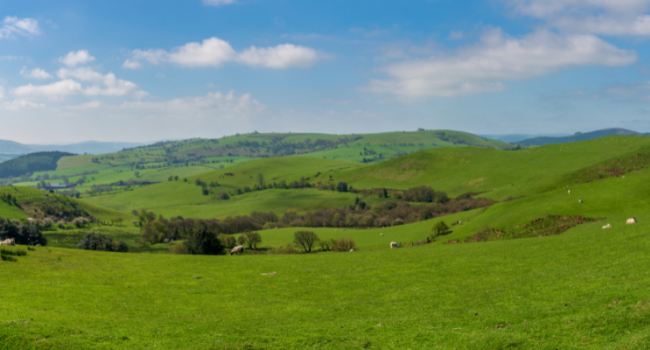The geographical range of British birds expands during 15 years of warming

Author(s): Massimino, D., Johnston, A. & Pearce-Higgins, J.W.
Published: October 2015
Journal: Bird Study Volume: 62 ( part 4 )
Digital Identifier No. (DOI): 10.1080/00063657.2015.1089835
BTO research has used data from the Breeding Bird Survey to show that many of our birds have expanded their geographic range as a short-term response to climate change.
BTO research, led by Dario Massimino of the Population Ecology and Modelling Team, has used data from the Breeding Bird Survey to investigate the short-term response of breeding birds in Britain to recent temperature changes. Many models of climate change predict contractions in species range and increased extinction risk. This study looked at the period between 1994 and 2009, during which Britain experienced an average temperature increase of 0.59°C. The analysis of the population density of 80 bird species during these years showed an expansion in the majority of these species’ ranges.
The paper’s authors examined the northern and southernmost extent of where these species occur in the UK (the range margins), and found that the northern margin had shifted north by approximately 45 km on average. Over the same period, the southern margin had remained largely static, amounting to a northwards range expansion for the species concerned. This research also explored whether species had shifted to higher altitudes as British temperature rose, but found no consistent response.
The results of the study show that bird movements are not keeping pace with temperature changes. With the change in temperature recorded, birds were expected to shift northwards by 108 km or upwards by 63 m. Climate change impacts on biodiversity are largely of concern due to the magnitude of future projected impacts, so the absence of short-term adverse effects found in this study should not be taken to mean that climate change will not cause range contraction in many species. Instead, the study underlines the importance of long-term monitoring to detect, document and properly describe the impact of climate change on biodiversity and ecosystems, so that conservation action can be optimally targeted.
Notes
The authors thank BTO members and volunteers who have contributed to the BBS. The BBS is a Partnership between the BTO, Joint Nature Conservation Committee (on behalf of Natural Resources Wales, Natural England, Council for Nature Conservation and Countryside and Scottish Natural Heritage) and Royal Society for Protection of Birds.








Share this page